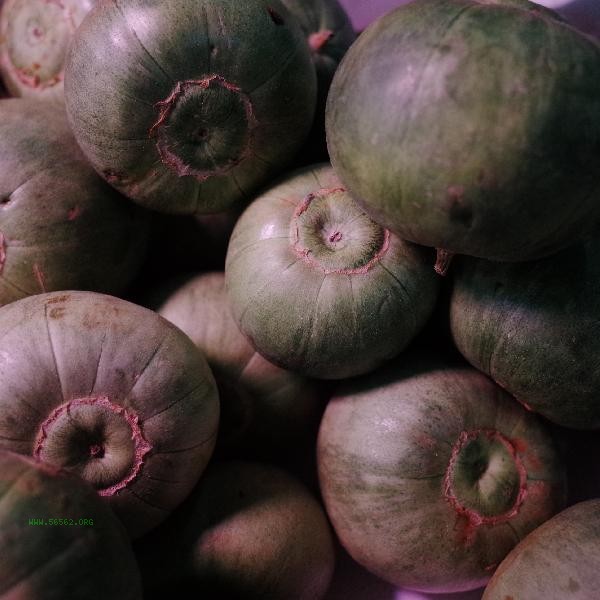Moderate consumption of alkaline fruits is beneficial for health, but excessive intake may lead to gastrointestinal discomfort or nutritional imbalance. Alkaline fruits usually refer to fruits that produce alkaline substances after metabolism, such as lemons, apples, bananas, etc. They are rich in minerals and vitamins, which help regulate the acid-base balance in the body. However, long-term excessive consumption may lead to abnormal gastric acid secretion, mineral metabolism disorders, and other problems. Special populations such as those with renal dysfunction should be cautious. Excessive consumption of alkaline fruits may irritate the gastric mucosa, leading to discomfort such as acid reflux and bloating. Some people may experience slight irritation to the oral mucosa, especially when consuming high acidity and alkaline fruits on an empty stomach. The alkaline substances produced during metabolism need to be excreted through the kidneys, and healthy individuals can usually regulate them on their own. However, consuming a large amount of alkaline fruits in the short term can increase the burden on the kidneys and may cause urinary frequency or abnormal urine acidity. Excessive intake in the presence of chronic diseases may worsen the condition. Patients with renal insufficiency have a decreased ability to excrete minerals, and excessive intake of potassium ions can easily lead to hyperkalemia. Patients with diabetes should pay attention to the high sugar content of some alkaline fruits, which may affect blood sugar control. Gout patients who excessively consume alkaline fruits rich in purines may experience an increase in uric acid levels. These individuals should control their daily intake and adjust their dietary structure in accordance with medical advice.

Keep daily fruit intake within a reasonable range. The Chinese Dietary Guidelines for Residents recommend an adult's daily fruit intake of 200-350 grams. When consuming alkaline fruits, neutral foods can be paired to buffer acid-base stimulation and avoid consuming citrus high acid fruits on an empty stomach. When experiencing persistent gastrointestinal discomfort or abnormal urination, timely medical attention should be sought. Special populations should develop personalized dietary plans under the guidance of nutritionists, taking into account both nutritional balance and acid-base balance.











Comments (0)
Leave a Comment
No comments yet
Be the first to share your thoughts!